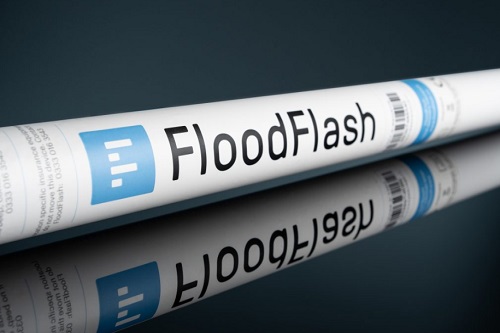Why FloodFlash chose the smart sensor

Authored by FloodFlash
Anyone who knows anything about FloodFlash will know that our smart sensor is the key to our rapid claims and affordable premiums. But why did we choose the sensor over satellites or gauges to fuel our award-winning parametric insurance?
Parametric triggers
First, let’s take a step back. Parametric insurance pays out when a specific event or condition is met. A good parametric trigger should be several things – easy and objective to measure, simple and cost-effective to interpret, and, most importantly, closely related to the loss incurred.
The widely used trigger measurement for parametric flood insurance is depth of water, as it scales positively with loss. That’s the case for FloodFlash too – when water hits the pre-agreed depth, we pay out.
Choosing the tech
When we started our journey, solutions typically fell into one of two categories: satellites, and river or tidal gauges. While these have their benefits, they also come with limitations. Satellites give a snapshot of flooding over a wide area, but compromise on both accuracy and reliability of measurements. River and tidal gauges provide accurate and high-frequency measurements, but can be far away from the insured property, introducing basis risk.
BWe wanted to combineest of both worlds
the ability of a satellite to provide data about flooding at any location with the accuracy and reliability of measurements from river and tidal gauges. After a period of prototyping and testing alongside ex-Dyson engineer Pete Codling, the FloodFlash sensor was born.
‘The sensor is much more than just a depth measurement device, it is a lifeline for business survival’ Dr Ian Bartholomew, FloodFlash co-founder and CUO
FloodFlash sensors are low-cost, send us depth data in near real-time, and measure flooding at the client’s property, reducing basis risk. It not only measures water depth, but acts as our super-efficient claims department, helping us pay clients fast. Our fastest claim? Just 3 hours and 50 minutes between water reaching the client’s trigger depth and the money landing in their bank account.
If you want to learn more about our sensor works, check out this article. If you have any questions, email enquiries@floodflash.com.





